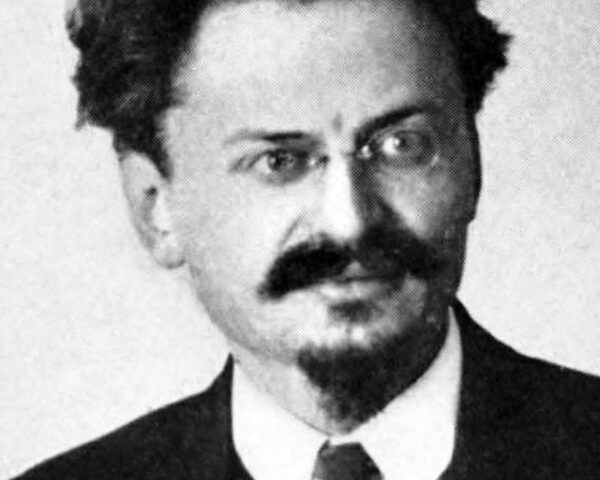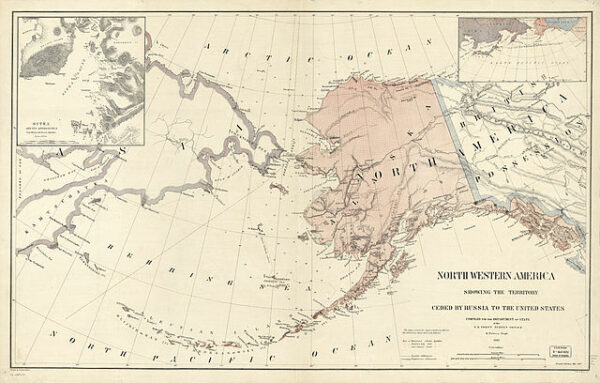On July 9, 1762, Catherine the Great launched a daring coup against her husband that catapulted her to legendary status, seizing power through a dramatic and calculated series of events that unfolded that summer and changed Russian history forever.
The discontent and dissatisfaction towards Peter III had been brewing for some time. Catherine, a shrewd and intelligent woman who had immersed herself in Russian culture and politics, had gained the respect and support of influential figures in the Russian court and military. Sensing an opportunity, she began quietly assembling a network of loyalists who shared her vision for a more enlightened and stable Russia.
The coup took shape on June 28, 1762, as Catherine’s allies within the elite guards regiments initiated their move against Peter III. Led by the influential nobleman Grigory Orlov, the guards swiftly apprehended the Emperor and confined him to the Ropsha Palace, effectively neutralizing any opposition to Catherine’s ascension. With the backing of the military and key factions within the Russian court, Catherine emerged as the de facto ruler.
The coup unfolded with relative speed and minimal bloodshed, as many in the military and nobility were disenchanted with Peter’s erratic behavior and favoritism towards Prussian culture. However, there was still uncertainty surrounding Peter’s fate. Some sources suggest that he abdicated willingly, while others hint at a more sinister end, potentially assassinated to eliminate any chance of his reclaiming the throne.
With Peter III out of power, Catherine solidified her position as Empress of Russia. Her reign would go on to be characterized by significant reforms, expansion of the Russian Empire, and a deep commitment to cultural and intellectual progress. Under her leadership, Russia experienced a period of remarkable growth and influence, firmly establishing Catherine the Great as one of the most influential and powerful rulers in Russian history.
“Despite this turbulent beginning, Catherine’s reign would be remembered as a time of significant progress and achievement for Russia. Like Peter the Great, she worked to Westernize the nation and make it strong enough to hold its own against the great powers of Europe. Under Catherine, Russia’s borders expanded to the west and south, encompassing Crimea as well as much of Poland,” The History Channel writes.
“Notorious for her many lovers, Catherine showed less affection for her son, Paul, whom she supposedly considered passing over as heir in favor of his son, Alexander. But before she could do so, Catherine died of a stroke in 1796, leaving Paul to inherit the throne. He was assassinated five years later, opening the way for Catherine’s adored grandson, Alexander I, to become the next ruler in the Romanov dynasty.”






